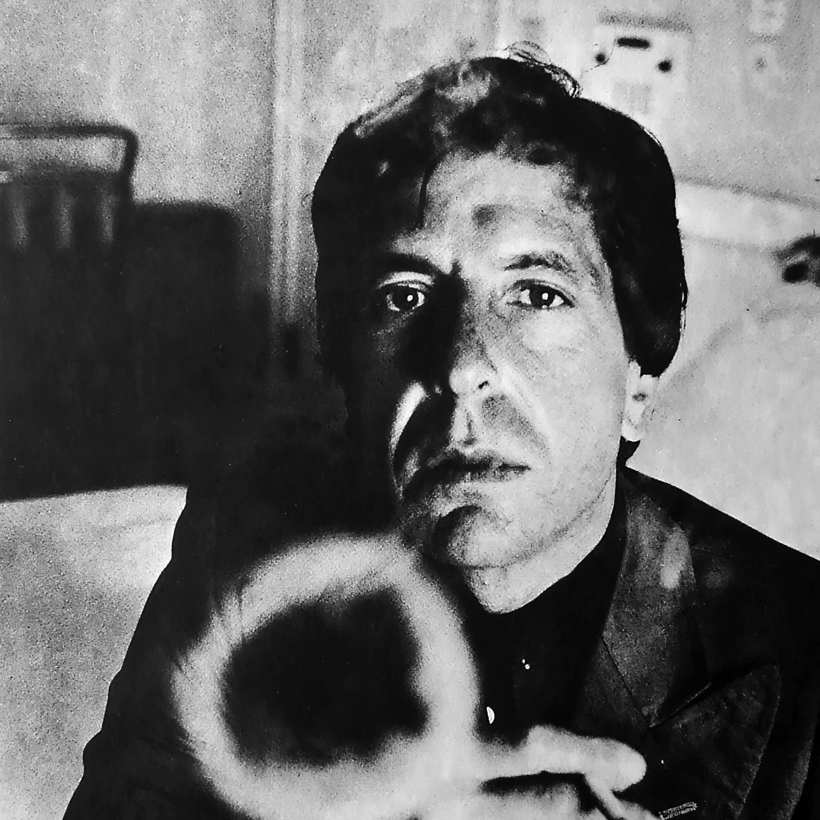By 2005 Leonard Cohen had spent years living as a Buddhist monk in Los Angeles and fans feared they had seen the last of the “godfather of gloom”.
However, after his manager embezzled his nest egg, a virtually penniless Cohen was forced to once again don a fedora and dark suit for a return to the stage. The comeback was an indisputable triumph — before his death aged 82 in 2016, Cohen delivered another classic album and it seemed his career had ended on a high note.

